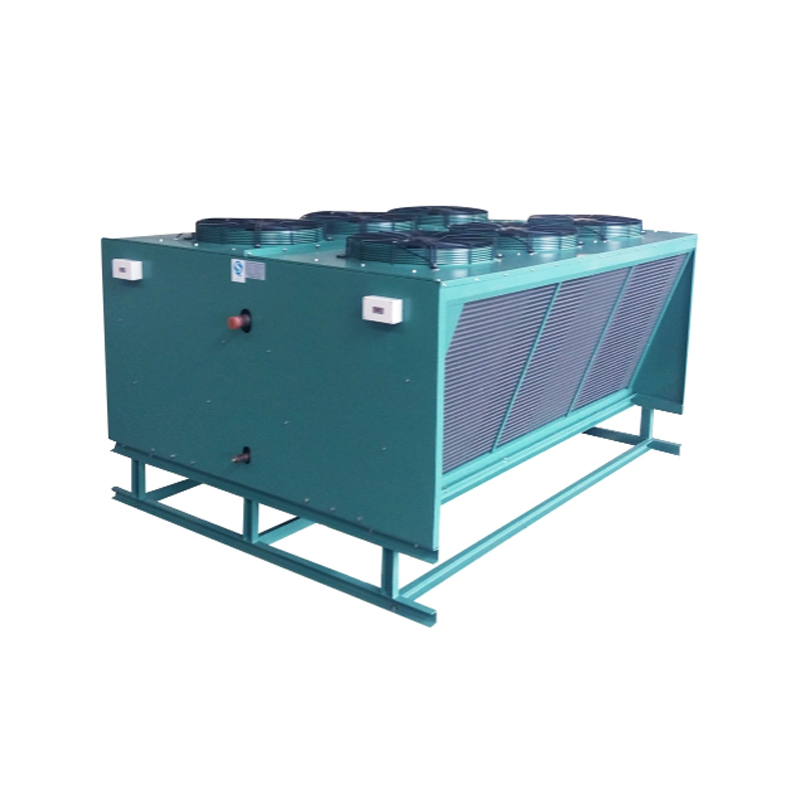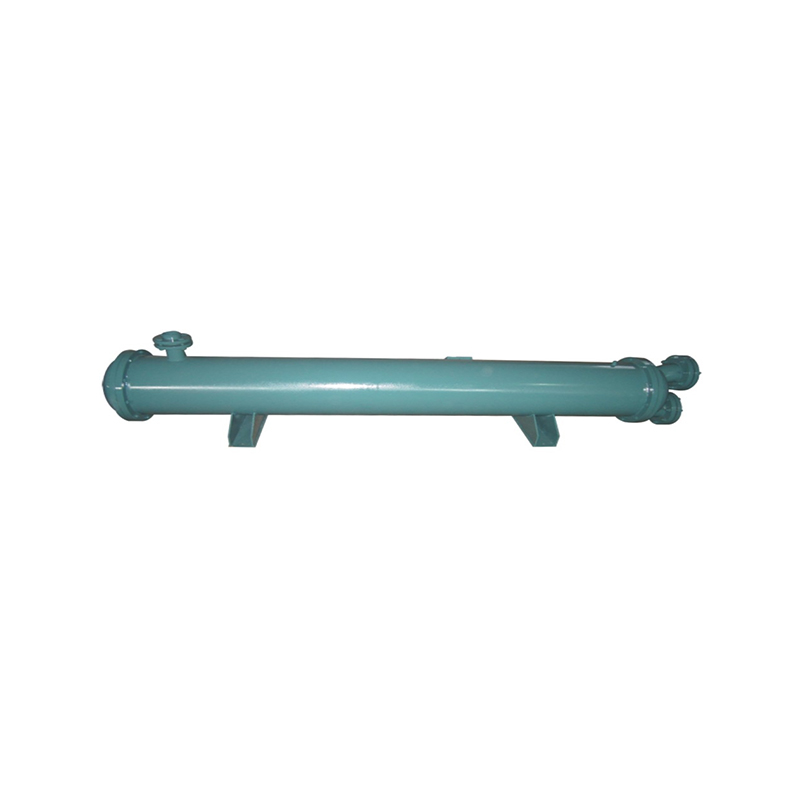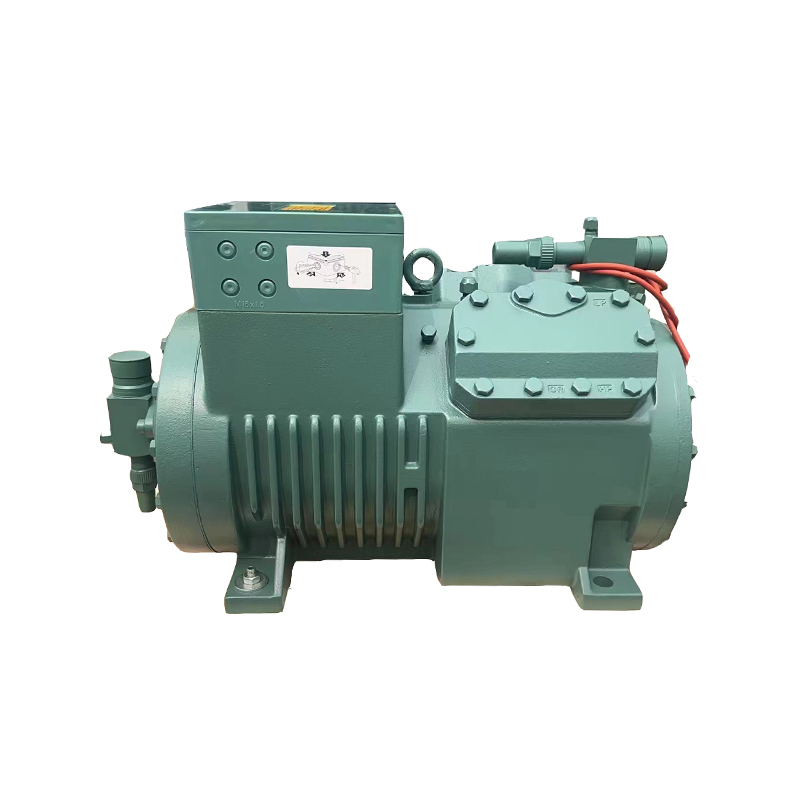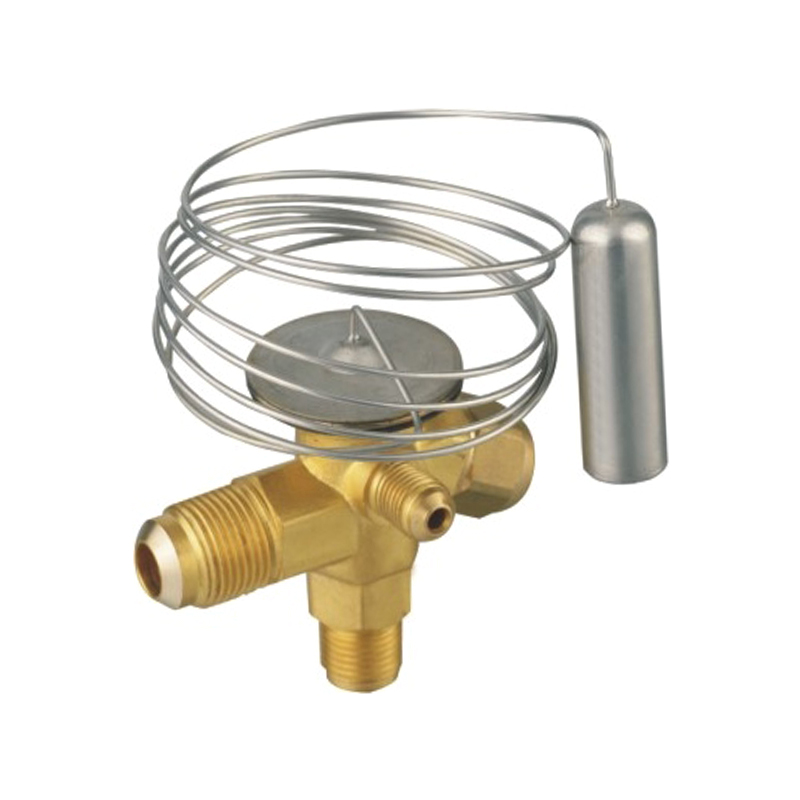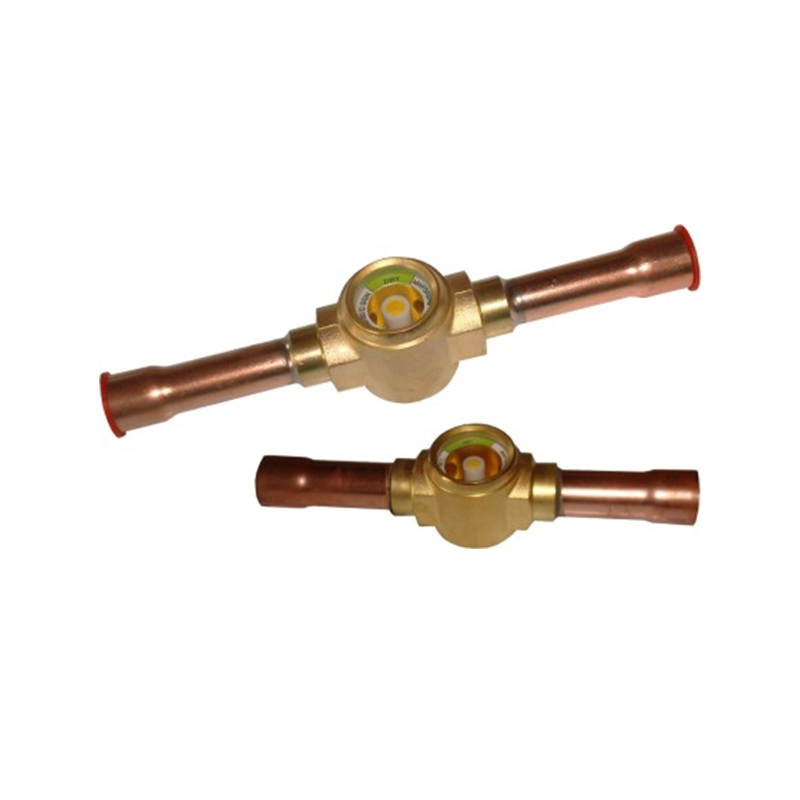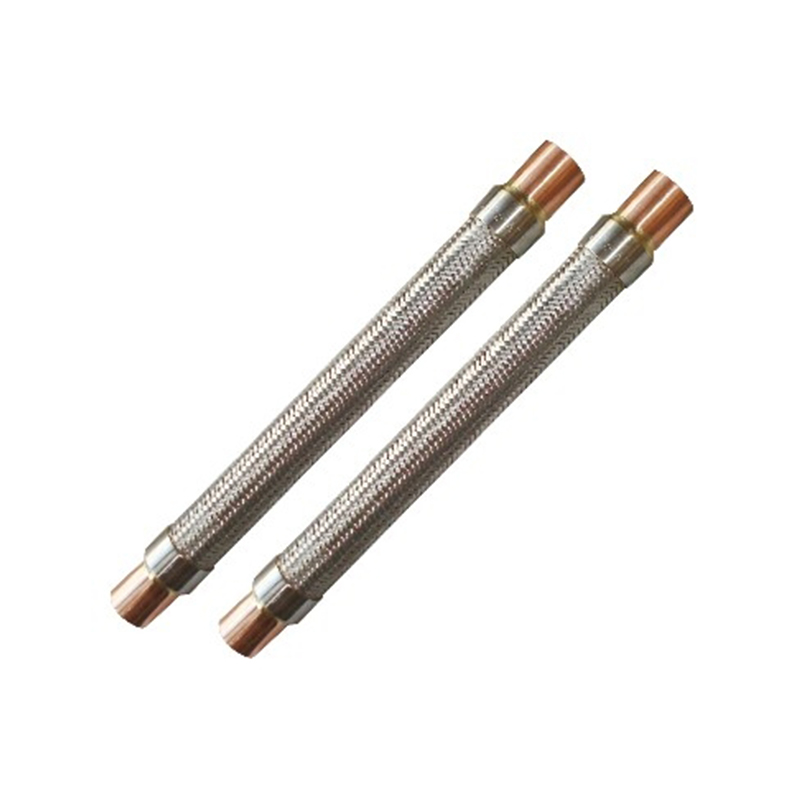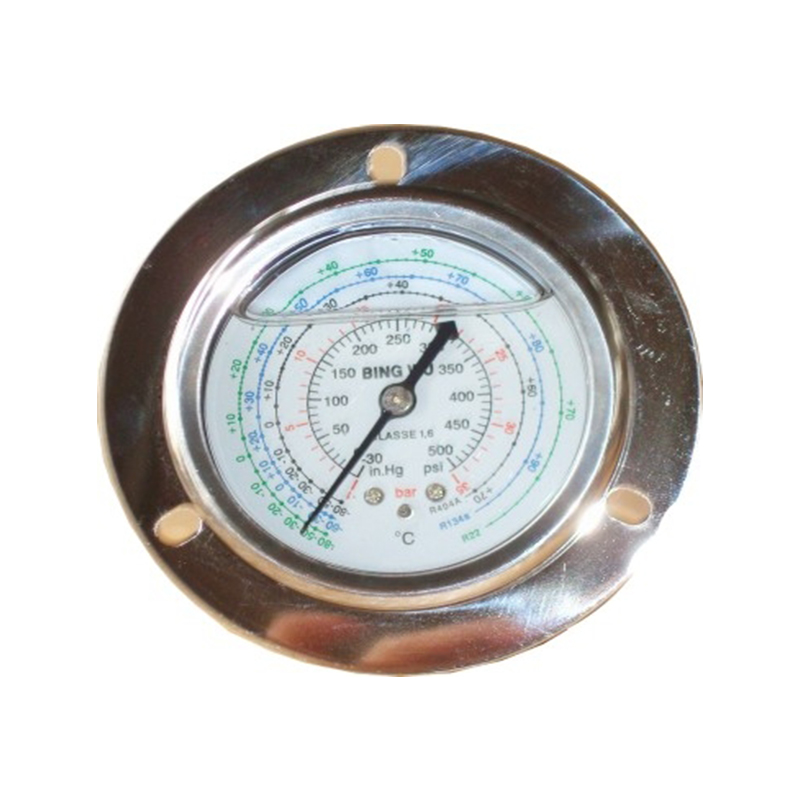Choosing the right refrigeration condenser for your specific application is crucial for ensuring optimal performance and efficiency in your cooling system. A well-selected condenser can lead to energy savings, prolonged equipment life, and improved operational reliability. Here’s a guide to help you make an informed choice.
Content
1. Understand the Types of Condensers
Before selecting a condenser, it's essential to understand the different types available:
-
Air-Cooled Condensers: These use air to cool refrigerant. They're typically used in smaller systems or where water is scarce. They are easy to install and maintain.
-
Water-Cooled Condensers: These utilize water to absorb heat from the refrigerant. They are more efficient in larger systems but require a reliable water source and proper water treatment.
-
Evaporative Condensers: Combining air and water cooling, these units are highly efficient and suitable for large industrial applications.
2. Consider Your Application Requirements
Identify the specific requirements of your application:
-
Cooling Capacity: Determine the necessary cooling capacity (in BTU/hr or kW) for your system. This is influenced by factors like the load requirements of your equipment and the ambient conditions.
-
Operating Environment: Consider the environment in which the condenser will operate. Harsh conditions (high dust, humidity, or temperature) might necessitate a more robust design or specific features like corrosion resistance.
-
Space Constraints: Measure the available space for installation. Some condensers require more room for airflow and maintenance access.
3. Evaluate Efficiency and Performance
Efficiency is a key factor in the long-term operational costs of your refrigeration system:
-
Energy Efficiency Ratio (EER): Look for condensers with a high EER, which indicates better efficiency and lower energy consumption.
-
Seasonal Energy Efficiency Ratio (SEER): If applicable, consider the SEER rating for systems that operate under varying conditions.
4. Check Compatibility with Refrigerants
Ensure the condenser is compatible with the refrigerants you plan to use. Different refrigerants have varying pressures and temperatures, affecting the choice of condenser materials and design.
5. Maintenance and Accessibility
Ease of maintenance can significantly impact the longevity and performance of your condenser:
-
Design for Serviceability: Choose condensers that allow easy access for maintenance tasks like cleaning coils, checking refrigerant levels, and replacing components.
-
Durability: Opt for materials that can withstand the specific environmental conditions of your application, such as corrosion-resistant coatings for coastal areas.
6. Budget Considerations
While it’s essential to choose a high-quality condenser, budget constraints are also important:
-
Initial Costs vs. Long-Term Savings: A more expensive, high-efficiency condenser may save money on energy bills over time, offsetting the initial investment.
-
Total Cost of Ownership: Consider installation costs, maintenance, and potential repairs when evaluating your budget.
7. Consult with Experts
When in doubt, consult with HVAC professionals or refrigeration specialists. They can provide insights based on experience and help you select a condenser that meets your specific needs while considering local regulations and best practices.

